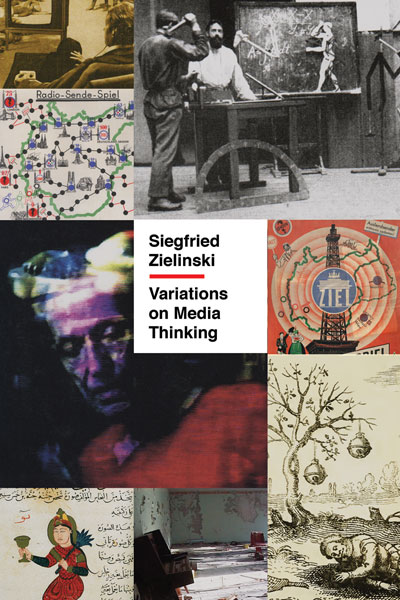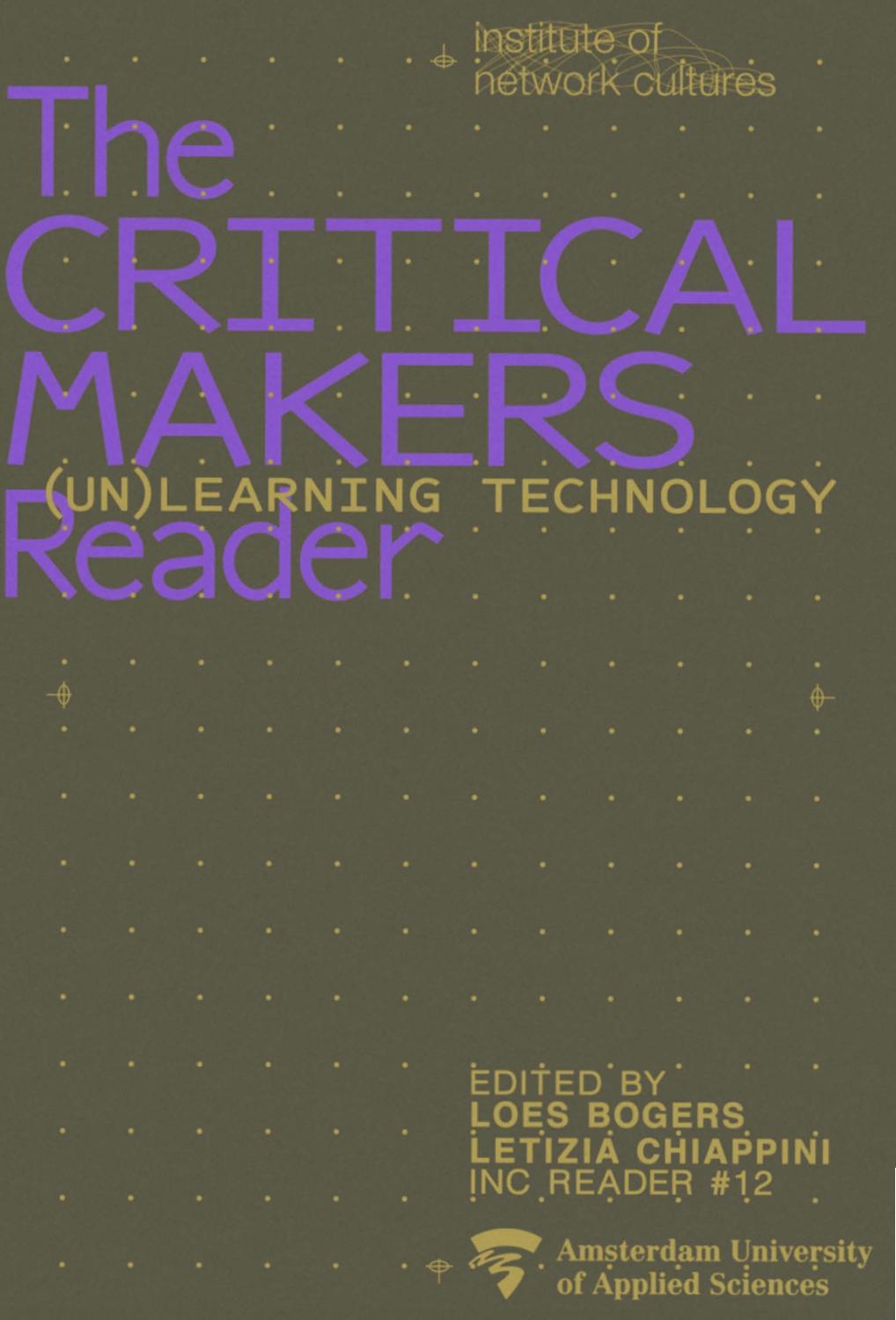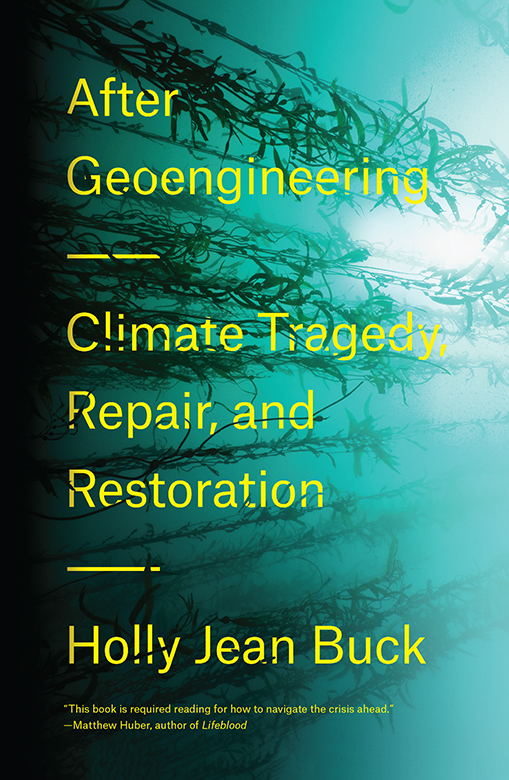Siegfried Zielinski: Variations on Media Thinking (2019)
Filed under book | Tags: · hacker culture, internet, media, media archeology, media history, sound art, technology, variantology

“Expanding on Siegfried Zielinski’s inquiry into ‘deep time’ of the media, the essays in Variations on Media Thinking further the eminent media theorist’s unique method of expanded hermeneutics, which means for him interpreting technical artifacts as essential parts of our cultural lives. Covering such topics as the televisualized Holocaust, the ubiquity of media today, the Internet, the genealogy of sound art, and history’s first hacker movement, these essays further diversify Zielinski’s insight into the hidden layers of media development, which he first articulated in his pioneering work Deep Time of the Media.
Including many previously untranslated and scarce essays, these ‘written time machines’ open new lines of investigation for cultural scholars. From the automata of the Arabic-Islamic Renaissance (800–1200) to the largest and loudest techno-event ever, known as The Symphony of Sirens—which transformed Baku in 1922 into an immense music box of modern noise—Variations on Media Thinking covers Zielinski’s inquiries since 1975. Richly illustrated and full of provocation, brilliant insight, and fascinating research, this volume is perfect for students of media archaeology, philosophy, and technology, as well as any adventurous, rigorous thinkers engaged with culture and media.”
Publisher University of Minnesota Press, 2019
Posthumanities series, 52
ISBN 9781517907075, 1517907071
xxv+428 pages
PDF (71 MB)
Comment (0)Loes Bogers, Letizia Chiappini (eds.): The Critical Makers Reader: (Un)learning Technology (2019)
Filed under book | Tags: · 3d printing, critical making, maker culture, media labs, repair, technology

“A decade ago many gushed at the possibilities of 3D printers and other DIY tech. Today makers are increasingly shaking off their initial blind enthusiasm to numerically control everything, rediscovering an interest in sociocultural histories and futures and waking up to the environmental and economic implications of digital machines that transform materials. An accumulation of critique has collectively registered that no tool, service, or software is good, bad, or neutral—or even free for that matter. We’ve arrived at a crossroads, where a reflective pause coincides with new critical initiatives emerging across disciplines.
What was making? What is making? What could making become? And what about unmaking? The Critical Makers Reader features an array of practitioners and scholars who address these questions. Together, they tackle issues of technological making and its intersections with (un)learning, art and design, institutionalization, social critique, community organizing, collaboration, activism, urban regeneration, social inequality, and the environmental crisis.
Contributors: Kat Braybrooke, Abigail Browning, xtine burrough, Serena Cangiano, David Cole, Critical Media Lab, Maria Dada, Sharon Ede, Lori Emerson, Gareth Foote, Bernhard Garnicnig, Krystin Gollihue, Anja Groten, Xin Gu, Graham Harwood, Deanna Herst, Garnet Hertz, KairUs, Tom Keene, Cindy Kohtala, Verena Kuni, Maya Livio, Benjamin Matthews, Wim Nijenhuis, Paul O’Neill, Samantha Penn, Hannah Perner-Wilson, Matt Ratto, Pip Shea, Caroline Sinders, Lucy HG Solomon, Peter Troxler, Grace Van Ness, and Eva Verhoeven.”
Publisher Institute of Network Cultures, Amsterdam, Nov 2019
INC Reader series, 12
Creative Commons BY-NC-ND 4.0 International License
ISBN 9789492302366
320 pages
PDF, PDF (17 MB)
EPUB, EPUB (16 MB)
Holly Jean Buck: After Geoengineering: Climate Tragedy, Repair, and Restoration (2019)
Filed under book | Tags: · climate, climate crisis, environment, geoengineering, geography, technology

“What if the people seized the means of climate production?
The window for action on climate change is closing rapidly. We are hurtling ever faster towards climate catastrophe—the destruction of a habitable world for many species, perhaps the near-extinction of our own. As anxieties about global temperatures soar, demands for urgent action grow louder. What can be done? Can this process be reversed? Once temperatures rise, is there any going back? Some are thinking about releasing aerosols into the stratosphere in order to reflect sunlight back into space and cool the earth. And this may be necessary, if it actually works. But it would only be the beginning; it’s what comes after that counts.
In this groundbreaking book, Holly Jean Buck charts a possible course to a liveable future. Climate restoration will require not just innovative technologies to remove carbon from the atmosphere, but social and economic transformation. The steps we must take are enormous, and they must be taken soon. Looking at industrial-scale seaweed farms, the grinding of rocks to sequester carbon at the bottom of the sea, the restoration of wetlands, and reforestation, Buck examines possible methods for such transformations and meets the people developing them.
Both critical and utopian, speculative and realistic, After Geoengineering presents a series of possible futures. Rejecting the idea that technological solutions are some kind of easy workaround, Holly Jean Buck outlines the kind of social transformation that will be necessary to repair our relationship to the earth if we are to continue living here.”
Publisher Verso Books, London and New York, 2019
ISBN 9781788730365, 1788730364
vi+281 pages
Reviews: Heather Davis (The Avery Review, 2020), Elizabeth Garbee (Issues in Sci and Tech, 2020), Karen S. Kinslow (Antipode, 2021), Sam Mulopulos (PoLAR, 2021), Justin Reynolds (New Socialist, 2020), Jason Rhys Parry (Hong Kong Review of Books, 2020), Jonathan Symons (Renewal, 2020), Gabriel Levy (Geoengineering Monitor, 2019).
Comment (1)
